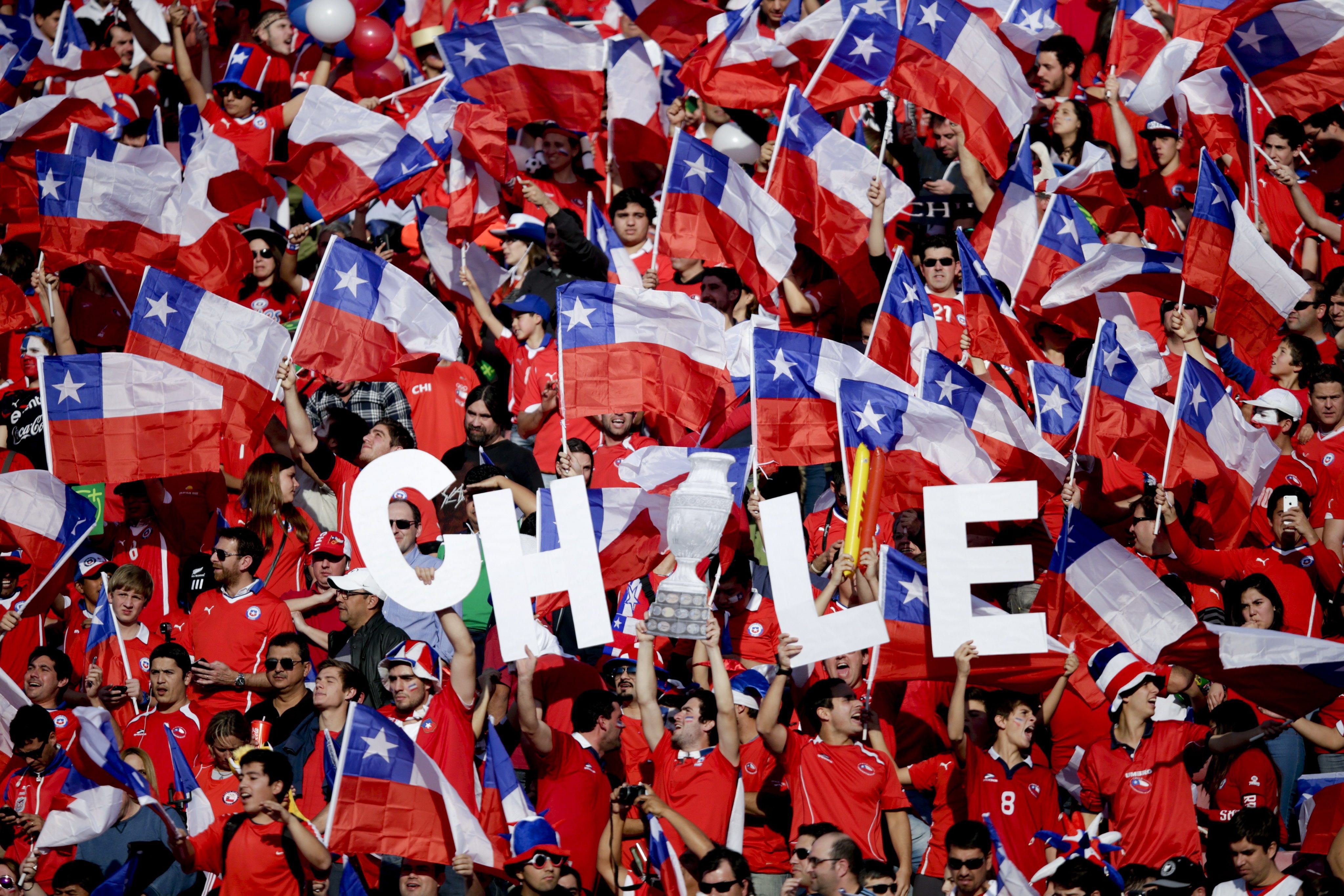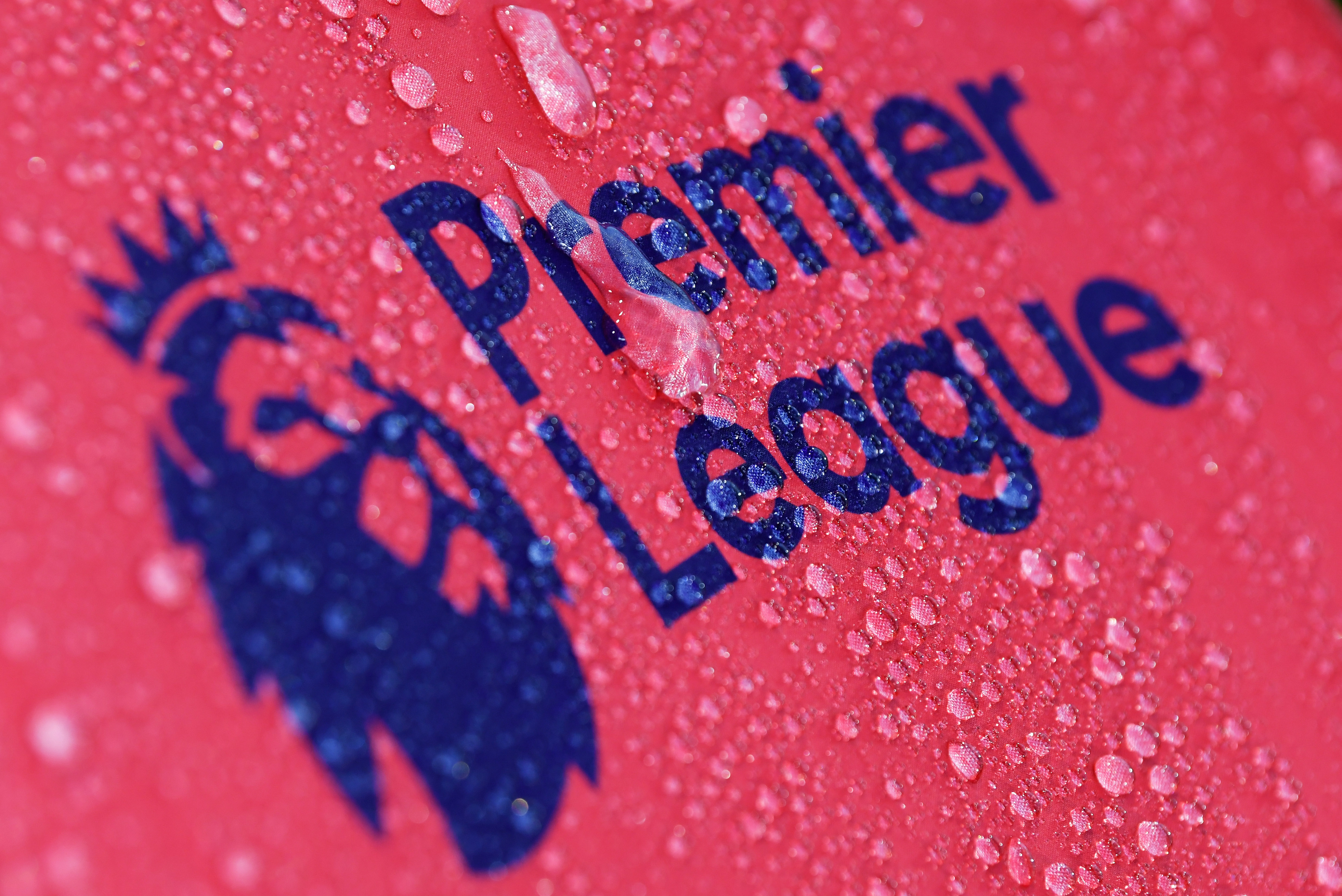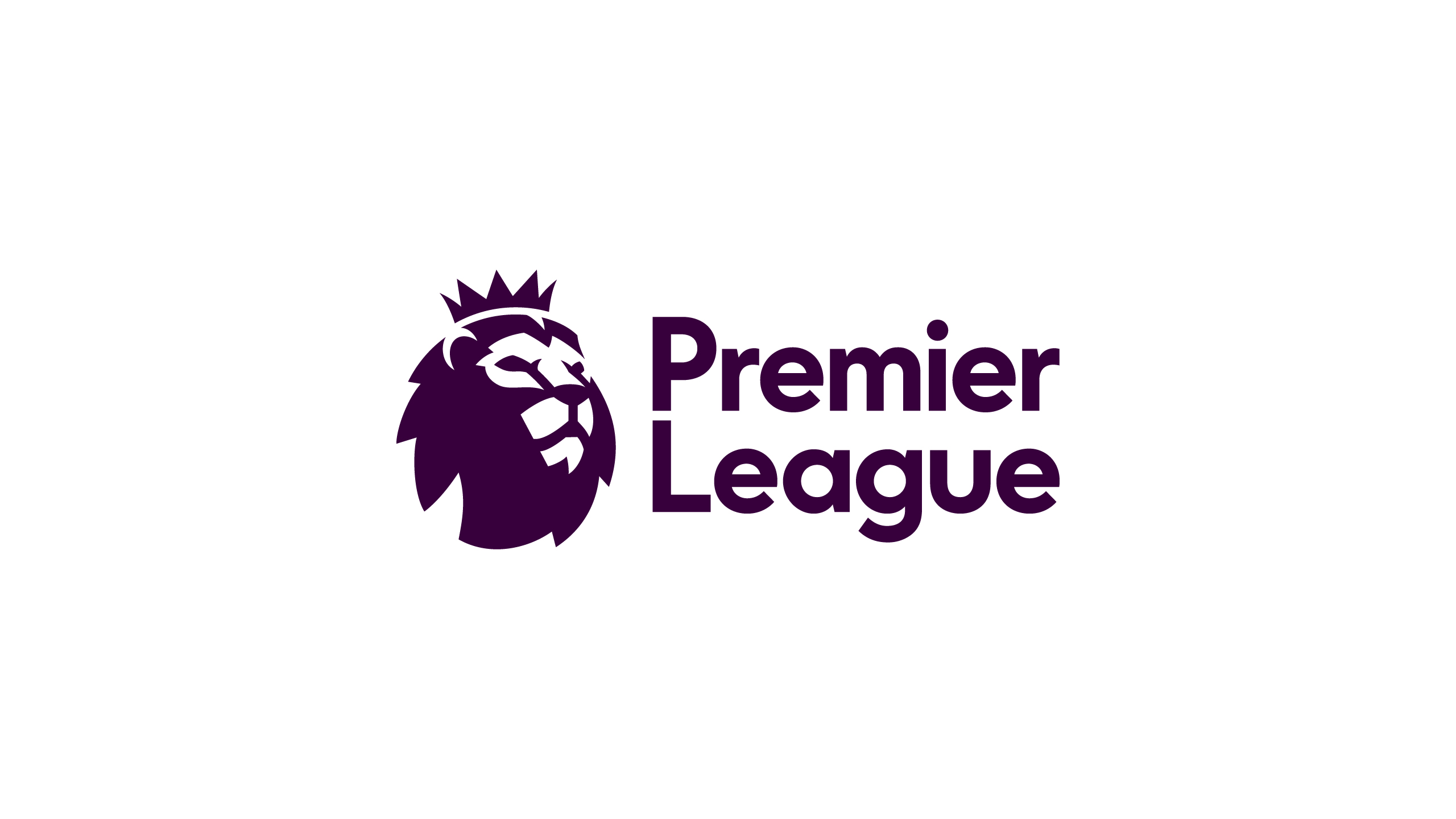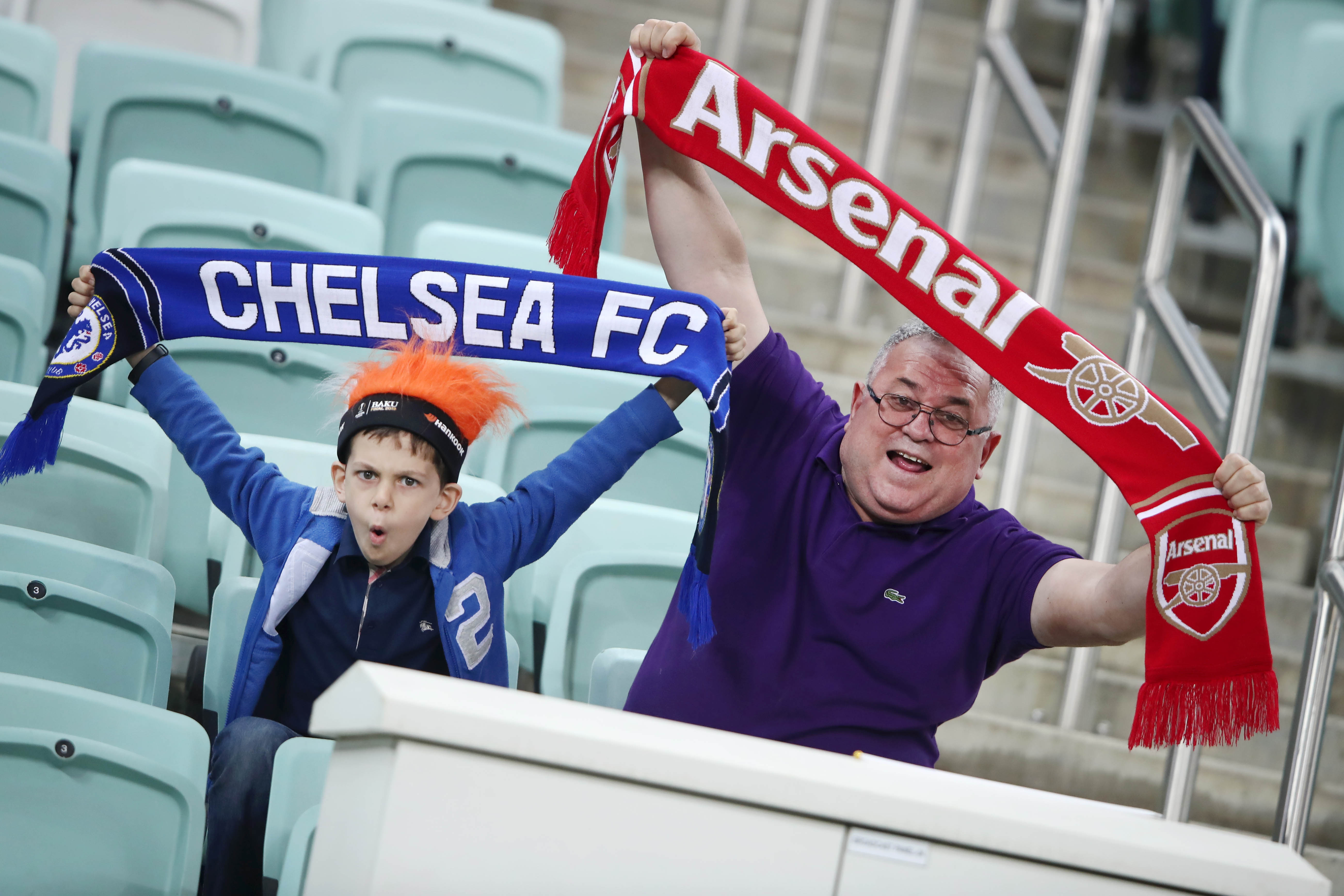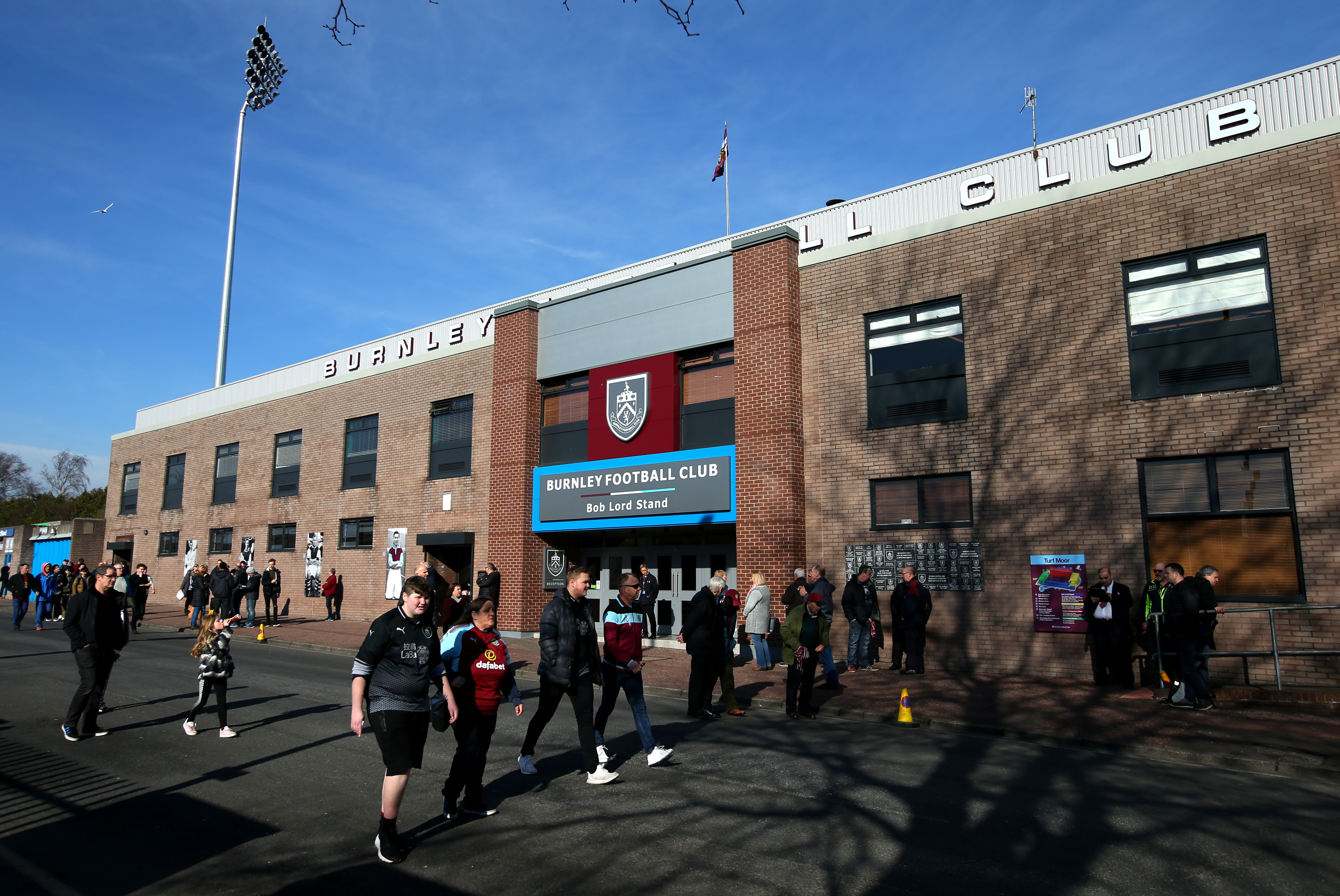Argentina walked into the Copa America final as favourite, boasting the strongest team in the tournament on paper; but home advantage, a high pressing style and a group of players giving it their all for their country won Chile a first Copa America title.
National pride beats talent
Chile’s national squad contains two bona fide stars in Arturo Vidal and Alexis Sanchez, but most of their squad consists of players who are mostly unknown or playing club football at home in Chile itself. The improvement of the Chile national team in terms of rankings as well as performances in major tournaments can be attributed to a group of players executing a set game plan every time they step out on to the field, aided by the quality of the likes of Vidal and Sanchez. One can draw parallels from Chile’s rise to the top in South America, to that of Uruguay over the previous Copa America cycle, one that ended with Uruguay lifting the trophy last time out in 2011.
Chile may have won the final only on penalties, but they did enough during open play to win the game outright themselves. Every Argentine player in midfield or further up the pitch was double teamed the moment they got onto the ball, with little time afforded to anyone, especially Lionel Messi. Chile threatened to break forward and score literally every time they won the ball within their own half, hence preventing Argentina pushing their defenders higher up the pitch. Had Chile been more clinical when in threatening positions, they may have won the game within normal time itself.
Higuain at centre stage in a big game again
Gonzalo Higuain grabbed headlines yet again on the big occasion for the wrong reasons, prompting English columnist Sid Lowe to ask, “If Higuain takes those two chances one year apart, does that make Messi the greatest of all time?” This isn’t to say that Higuain is solely responsible for Messi not being anointed as such; were it be the case, Real Madrid supporters might want to erect a statue in front of the Bernabeu in his honour. Higuain, however, is gaining an unwanted reputation of being a very good centre forward who fails to take his chances on the big occasion, in similarity to the man he replaced at Napoli, Edinson Cavani. In addition to the missed chances at the World Cup final and at the final minute of Saturday’s final, Higuain also missed a penalty against Lazio that could have cost Napoli a 40m through qualification for the Champions League.
All said and done, Higuain was not helped by the Paris Saint Germain forward Ezequiel Lavezzi, who on being set up by Messi on the counter went for the pass rather than the shot, leaving Higuain with no margin for error at the far post. A shot at the near post would have given him a good chance of getting past Barcelona goalkeeper Claudio Bravo, whereas a shot at the far post may have been difficult to save for Bravo. The most likely scenario from there would be Bravo parrying the shot in the path of Higuain that could have been slotted home.Higuain may be at fault for making his run by the side of the goal rather than in the path of the keeper, but he was also positioning himself for the shot from Lavezzi that was never taken. By going for the pass rather than the shot, Lavezzi made reduced the margin of error to a minimal amount.
. Where do both teams go from here?
Qualification for the 2018 FIFA World Cup will begin later this year, and both Chile and Argentina will aim to wrap up qualification as early as possible. Argentina’s wait for a major trophy continues, and it is vital that this talented generation of players is supplemented by younger arrivals, esp given that the likes of Carlos Tevez may no longer play for the national team. Javier Mascherano in midfield has been instrumental in keeping Argentina’s defence solid over the last 5 years, but losing him to Father Time over the next few years can be a risk to la Albacieste.
As mentioned earlier, Chile’s rise to the top in South America is a lot like the rise of Uruguay a few years ago. The good news for Chile is that Arturo Vidal and Alexis Sanchez are in the prime of their careers, and will be the mainstays of this team for the next 5 years, at least. Claudio Bravo, at 32, still has time on his side, but Chile’s squad is an older squad, with just 1 player under the age of 23 making it to the squad for this tournament. Chile have progressed under Argentine managers over the last 10 years, but that may also be down to this group of players demonstrating national pride than anything else. More younger players coming through can only be a good thing for Chile, who will need to prepare for an inevitable transition some time in the future.
